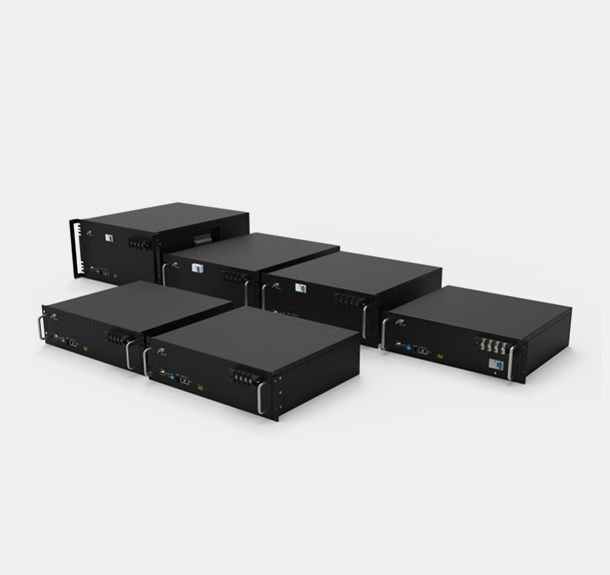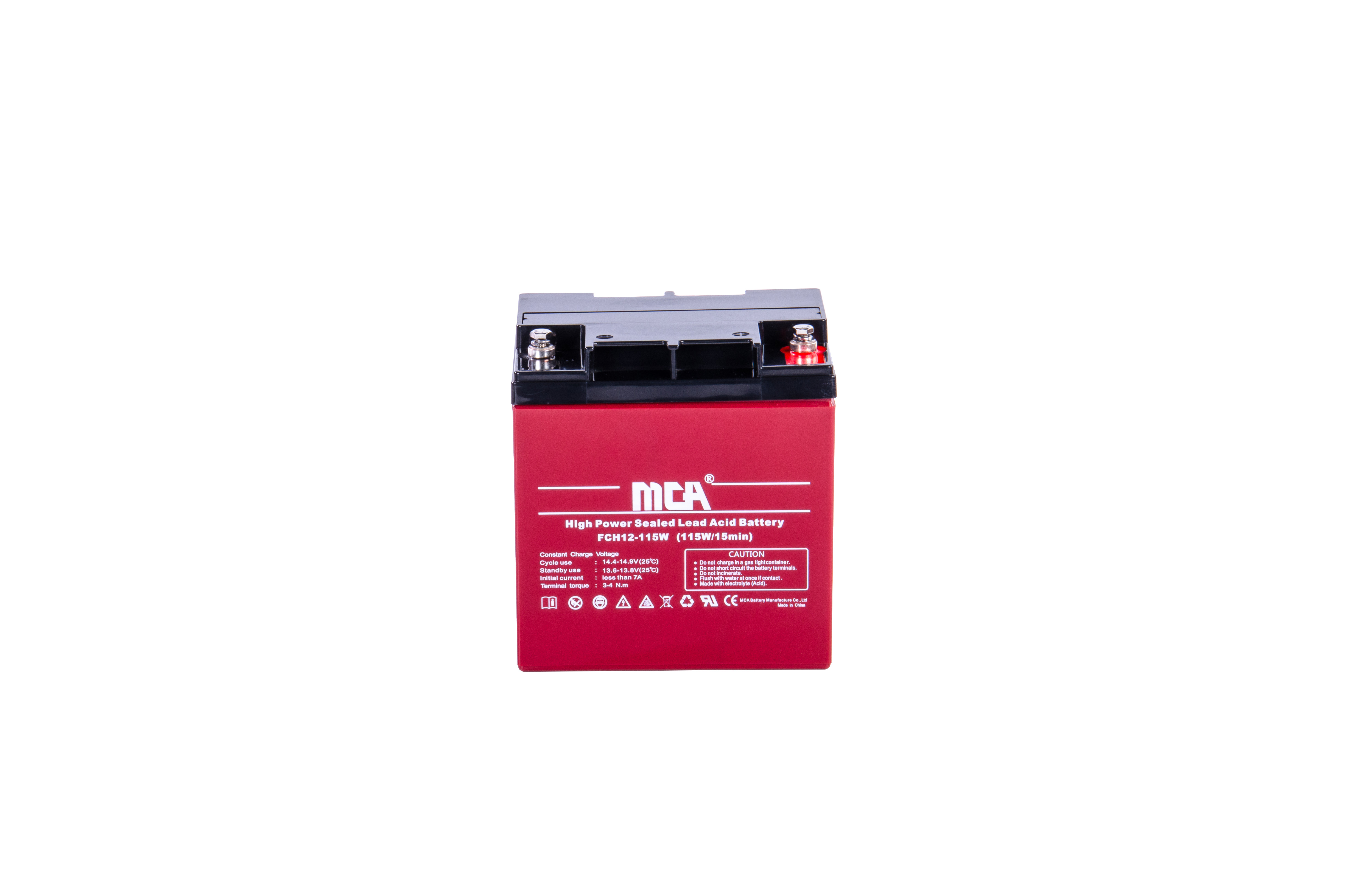31
2025
-
10
The Integration of Generation Lithium Batteries in Smart Vehicles: Powering the Future of Electric Mobility
The Integration of Generation Lithium Batteries in Smart Vehicles
Table of Contents
1. Understanding Lithium Battery Technology
2. The Role of Lithium Batteries in Smart Vehicles
3. Advantages of Generation Lithium Batteries
4. Challenges in the Adoption of Lithium Batteries in Smart Vehicles
4.1 Supply Chain and Resource Management
4.2 Environmental Concerns and Recycling
5. Future Trends in Lithium Battery Integration
6. Case Studies of Smart Vehicles Utilizing Lithium Batteries
7. Frequently Asked Questions (FAQs)
8. Conclusion: The Road Ahead for Smart Vehicles and Lithium Batteries
1. Understanding Lithium Battery Technology
Lithium batteries represent a significant advancement in energy storage technology, particularly in the field of electric vehicles (EVs) and smart vehicles. These batteries are designed to store and discharge electrical energy efficiently, allowing for longer ranges and faster charging times compared to traditional lead-acid batteries. The configuration and chemical composition of lithium-ion batteries contribute to their lightweight properties, making them an ideal choice for modern vehicles.
The fundamental workings of lithium batteries involve the movement of lithium ions between the anode and cathode during discharge and charge cycles. The anode typically consists of graphite, while the cathode contains lithium metal oxides. This intricate dance of ions not only enhances the battery's energy density but also prolongs its lifespan, making it a preferred option for electric mobility.
2. The Role of Lithium Batteries in Smart Vehicles
Smart vehicles, equipped with advanced technology and connectivity features, rely heavily on efficient battery systems to perform optimally. Generation lithium batteries provide the necessary power to drive electric motors, support onboard electronics, and manage intelligent systems that enhance user experience.
By integrating these batteries into smart vehicles, manufacturers can achieve higher performance levels, such as improved acceleration, regenerative braking, and energy recovery. The synergy between lithium batteries and smart vehicle technology results in a seamless driving experience, characterized by smooth power delivery and enhanced safety features.
3. Advantages of Generation Lithium Batteries
The integration of generation lithium batteries in smart vehicles comes with a plethora of advantages:
1. **High Energy Density**: Lithium batteries contain more energy per unit mass compared to traditional battery technologies, allowing for longer driving ranges.
2. **Faster Charging Times**: The ability to charge quickly is crucial for the widespread adoption of electric vehicles. Lithium batteries facilitate rapid charging, reducing downtime for drivers.
3. **Durability and Longevity**: With a lifespan of over a thousand charge cycles, generation lithium batteries offer reliability, making them a cost-effective choice over time.
4. **Lightweight Design**: The lightweight nature of lithium batteries contributes to improved vehicle efficiency and performance, crucial for meeting modern mobility needs.
5. **Reduced Environmental Impact**: Although lithium mining poses challenges, advancements in battery recycling and second-life applications are helping to mitigate environmental concerns.
4. Challenges in the Adoption of Lithium Batteries in Smart Vehicles
Despite their advantages, the integration of generation lithium batteries in smart vehicles is not without challenges. Understanding these obstacles is essential for stakeholders aiming to optimize battery usage.
4.1 Supply Chain and Resource Management
The production of lithium batteries necessitates raw materials, primarily lithium, cobalt, and nickel. The extraction and processing of these materials often lead to supply chain vulnerabilities and geopolitical concerns. Companies must navigate these challenges to ensure a steady supply of critical components for battery manufacturing.
4.2 Environmental Concerns and Recycling
While lithium batteries are more environmentally friendly than their predecessors, they still pose certain risks, particularly concerning waste management. As the number of electric vehicles on the road increases, so does the need for efficient recycling methods to reclaim valuable materials and reduce landfill waste. Innovations in battery recycling technologies are vital to address these challenges and promote sustainable practices in the industry.
5. Future Trends in Lithium Battery Integration
As technology evolves, the future of lithium batteries in smart vehicles looks promising. Several trends are emerging that could impact the industry:
1. **Solid-State Batteries**: These next-generation batteries offer enhanced safety, energy density, and longevity compared to traditional lithium-ion batteries. The shift towards solid-state technology could revolutionize electric mobility.
2. **Battery Management Systems (BMS)**: Advanced BMS will play a crucial role in optimizing battery performance and lifespan. These systems will monitor battery health, charging cycles, and temperature, ensuring safe operation.
3. **Vehicle-to-Grid (V2G) Technology**: V2G systems enable electric vehicles to interact with the power grid, allowing for energy exchange. This could lead to more efficient energy usage and lower electricity costs.
4. **Second-Life Applications**: Retired lithium batteries from electric vehicles can find new applications in energy storage systems, contributing to renewable energy integration and grid stability.
6. Case Studies of Smart Vehicles Utilizing Lithium Batteries
To illustrate the practical benefits of generation lithium batteries, we can examine several case studies of smart vehicles that have successfully integrated this technology:
1. **Tesla Model 3**: Leveraging a high-capacity lithium battery pack, the Tesla Model 3 offers an impressive range and performance, showcasing the efficiency of lithium battery technology in electric vehicles.
2. **Nissan Leaf**: The Nissan Leaf employs lithium-ion batteries that allow for efficient energy usage and quick charging, making it one of the best-selling electric vehicles globally.
3. **BMW i3**: Utilizing advanced lithium battery systems, the BMW i3 delivers a unique blend of performance and eco-friendliness, appealing to environmentally conscious consumers.
These examples highlight the diverse applications of lithium batteries in smart vehicles, emphasizing their role in shaping the future of electric mobility.
7. Frequently Asked Questions (FAQs)
1. What are generation lithium batteries?
Generation lithium batteries are advanced energy storage systems that utilize lithium ions for efficient power delivery, commonly used in electric vehicles and smart technologies.
2. How do lithium batteries improve smart vehicle performance?
Lithium batteries enhance smart vehicle performance by providing higher energy density, faster charging capabilities, and increased lifespan, enabling longer ranges and efficient power management.
3. What are the environmental impacts of lithium battery production?
While lithium batteries are more sustainable than traditional batteries, their production involves mining processes that can have environmental implications. Continued advancements in recycling and sustainable practices are essential.
4. How are lithium batteries recycled?
Lithium batteries are recycled through processes that recover valuable materials such as lithium, cobalt, and nickel. This helps reduce waste and promotes the circular economy.
5. What future technologies will impact lithium battery development?
Emerging technologies like solid-state batteries, advanced battery management systems, and vehicle-to-grid systems are expected to shape the future landscape of lithium battery integration in smart vehicles.
8. Conclusion: The Road Ahead for Smart Vehicles and Lithium Batteries
The integration of generation lithium batteries in smart vehicles marks a significant step towards a sustainable and efficient future in transportation. As we navigate the challenges and embrace the advantages of this technology, it is clear that lithium batteries will play a pivotal role in shaping the electric mobility landscape. Continued investments in research, development, and sustainable practices will propel us toward a greener future, where smart vehicles powered by advanced lithium batteries are the norm rather than the exception. The journey is just beginning, and the road ahead promises exciting opportunities for innovation and sustainability.
Relevant News









